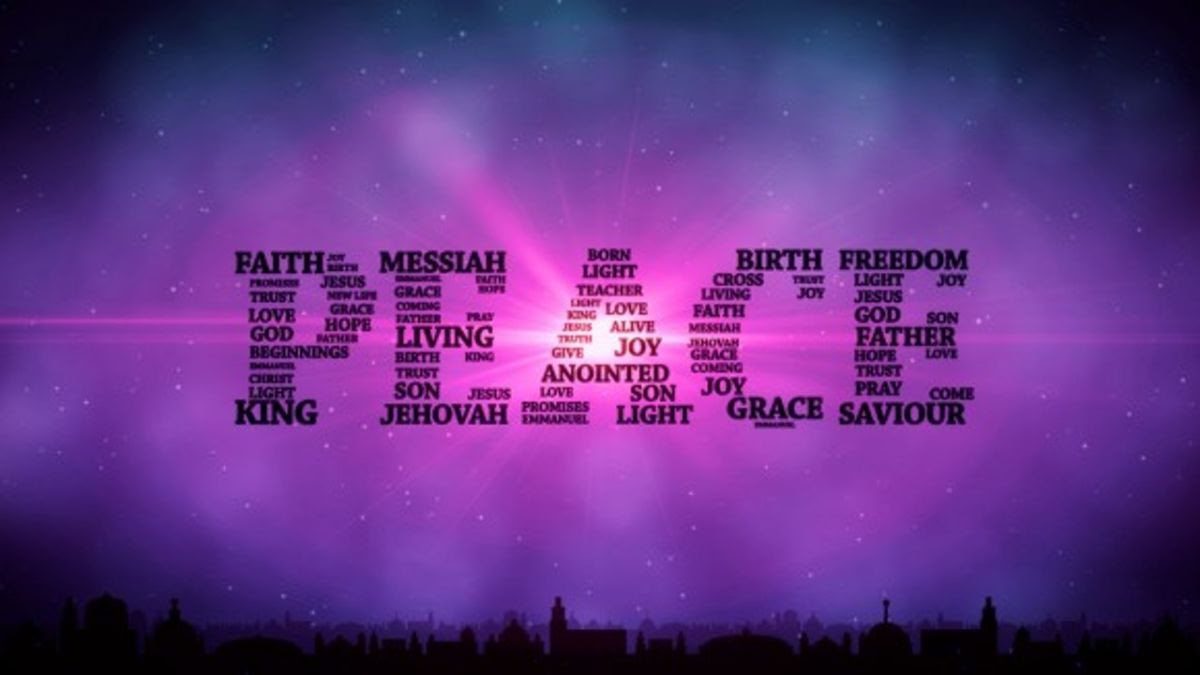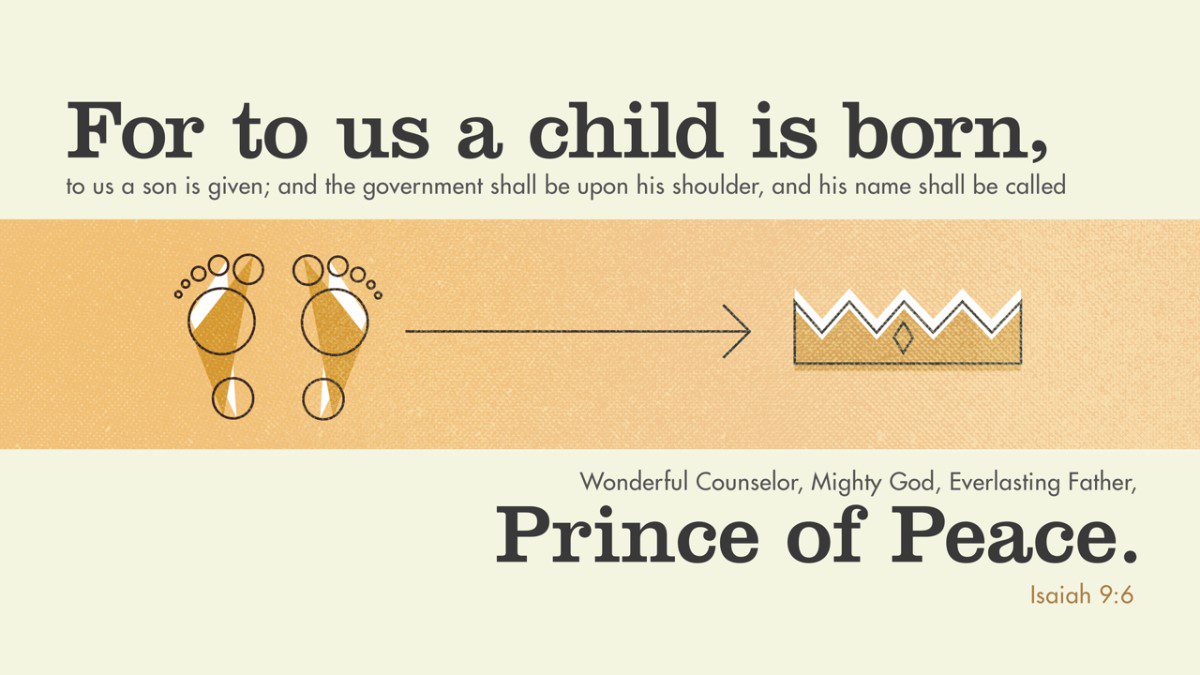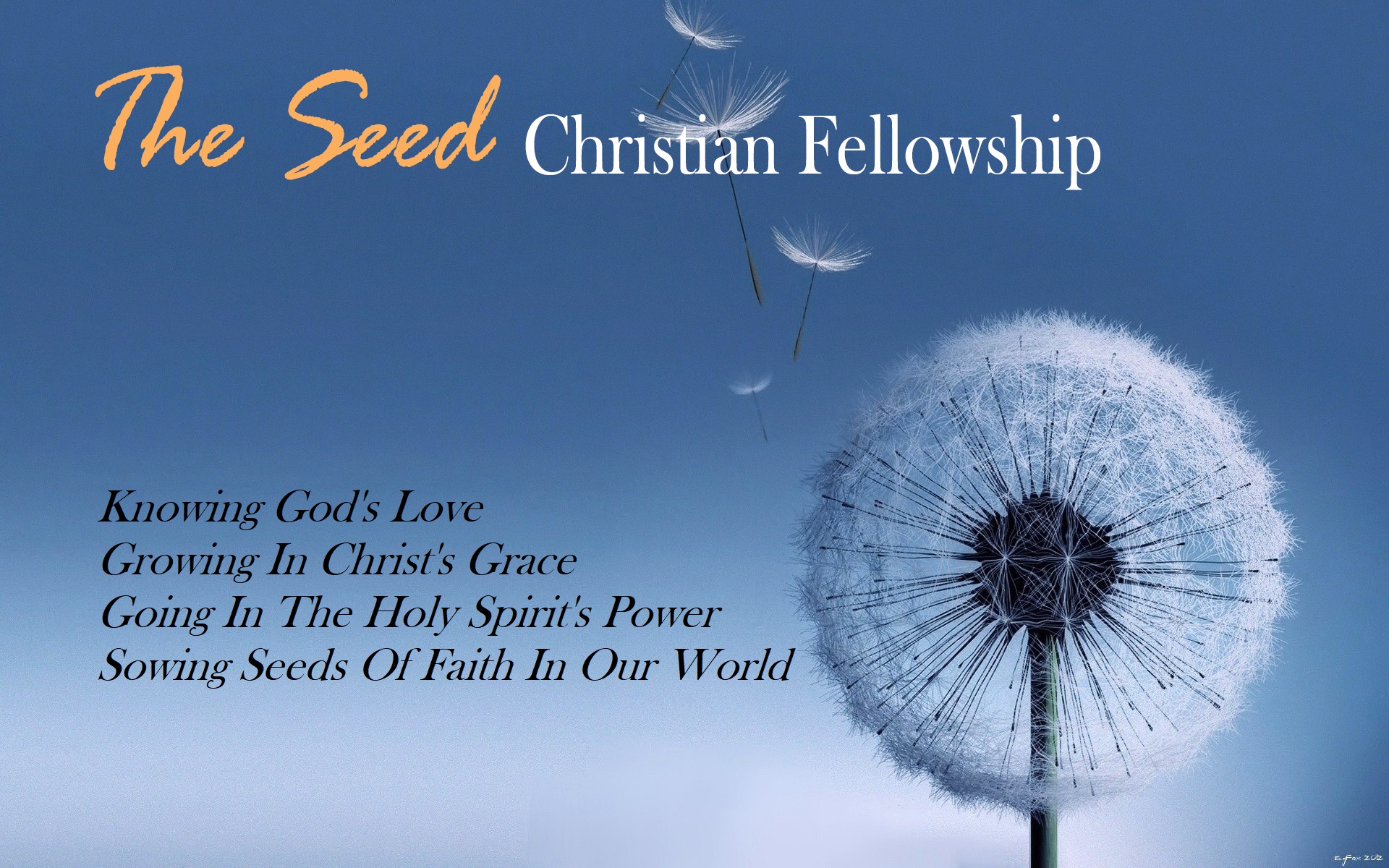Weekly Seed of Faith 12/22/2022

“Glory to God in the highest, and on earth peace to men on whom his favor rests.” Luke 2:14
Dear Faithful Seed-Sowers and fellow ADVENT adventurers,
We are in the fourth week of Advent! The first week of Advent was the candle of Hope. The second week of Advent was the candle of Love. The third week of advent was the candle of Joy. This week is the candle of Peace.
I have a few acronyms to make it easier to remember what we’re doing:
HOPE
Heaven’s
One
Promise
Eternity
LOVE
Listen
Observe
Value
Encourage
JOY
Jesus
Others
You
PEACE
Peace
Exists
As
Christ
Enters
Who here needs peace? Who needs the peace of Christ to enter into your life, home, workplace, finances, relationships, health?
I encourage you to stop right now and read Luke 2:8-20. Twelve short verses that tell quite a story. Then, when you have read the story, read it again and put yourself into it. Are you a shepherd boy? or maybe you are the innkeeper sharing your barn? Maybe you’re an angel? Maybe you are Joseph or Mary? These last few days before Christmas, let’s work on putting this story, the Christmas story, into us so that we can live the story from a manger point of view.
Peace With God.
Christ of the Andes is an impressive symbol of peace. Once Chile and Argentina were enemies and fought constantly. At last they decided it was in their mutual interest to live in peace. So, high upon their natural boundaries, the Andes Mountains, they erected a great statue of Christ with outstretched arms. The inscription reads: “Sooner shall these mountains crumble into dust than the Argentines and Chileans break the peace sworn at the feet of Christ the Redeemer.” Christmas reminds us of the coming of peace to earth.[i]
Have you ever stopped to ponder and pray about why Jesus came to earth? Why did Jesus come as a little baby? Surly the people of Israel were not looking for newborn baby born in manger. They were looking for a Prince of Peace coming in as a conquering King, riding a white horse and setting them free.
The world that Jesus entered was filled with pain, problems, trails, trouble, tribulations, despair, desolation, and depression. The people were held captive by their Roman rulers and they wanted to be free. More importantly, they were also being held captive by their sin that separated them from God. The Prince of Peace came to bring Peace to the world through his reconciling life, death, and resurrection. Right here in this second chapter of Luke, the God of Peace breaks through the cosmos and walks into our broken world.
The angels sing — “Glory to God in the highest, and on earth peace to men on whom his favor rests.” (Luke 2:14)
God sent His one and only Son into this broken world to reconcile us. “Reconcile: to cause friendly relations between, cause to exist in harmony, to become compatible with.” You heard that right. God sent His one and only Son, Jesus, to the earth when the time was right. God’s plan A? To reconcile the people who believe. Because of Jesus Christ, we can be in a right relationship with God, we can exist in harmony and we can be compatible with God, and others and ourselves.
In Isaiah 53 we have one of the prophecies called the Servant Song. Listen to how the prophet Isaiah puts our peace. “But he was pierced for our transgressions, he was crushed for our iniquities; the punishment that brought us peace was upon him, and by his wounds we are healed.” (Isaiah 53:5)
Pause and ponder those words as we reflect on the little baby born in dirty, dusty, smelly, non-heated, cold, dark, stable; outside, in a cave of rock. Brrr. This baby will be pierced for our transgression and sins. This child born to us will be crushed for our iniquities and immoralities, for our half-truths, lies, gossip, jealousy, shame, guilt and foolishness. The punishments that will be laid upon this baby boy will bring us peace! By His wounds we will be healed. Sounds quite unfair, one-sided, and lop-sided to me.
The God of peace broke through our world in order to bring peace between you and me and between us and God. RECONCILE—compatible, harmony, friendly relations—like Argentina and Chile!
Jesus is our peace, not in some wily-nilly emotional way. Jesus is our Prince of Peace in a real and concrete way. Jesus is our Prince of Peace by coming into this broken world and making us whole and complete by forgiving us, healing us, and restoring us back into a relationship with God who created us and loves us. RECONCILIATION—a good word in the story to put into your heart this morning.
So What?
When I was serving a church in Texas, I worked a grace weekend called Walk to Emmaus. I was one of the three clergy, pastors, or spiritual directors as they called them on the weekend. I gave a talk about God’s Justifying Grace. The talk centers on the fact that God has sent His one and only Son Jesus to justify us and set us free. Justify—just as if I’d never sinned. That’s how God sees us as soon as we believe in Jesus Christ.
After giving that talk, a man in his 80’s, came up to me asked me if he could talk with me. He told me that he had been a bomber pilot in WWII and flew combat missions over Germany and France. He told me that he could never forgive himself for dropping bombs that hurt and killed innocent people. He said that after hearing the talk about Justifying Grace that somehow God had given him a peace that surpassed all his understanding. He cried and cried in my arms. This man had peace as Christ entered his life.
P — Peace
E — Exists
A — As
C — Christ
E — Enters
Real peace is knowing that no matter what I do, God will never stop loving me.
Real peace is knowing that no matter what happens, God will never leave me alone.
Real peace is knowing that no matter what will happen in the New Year or the years to come, the Prince of Peace will be with me.
Real peace is knowing that the guilt of the past failures, mistakes and sins are forgiven.
Real peace is knowing that grief of the losses we have experienced will be overcome by the Prince of Peace.
Real peace is knowing that we can give up the grudges that cause us to become resentful and give them to the Prince of Peace.
Peace exists as Christ enters.
The “SO WHAT?” for you today, this final week of the Advent Season, is for you to allow the Prince of Peace to enter into your life. No matter what you have done. No matter where you are. No matter what your circumstances, difficulties, failures, faults sins, guilt, grief, and grudges are.
Peace exists as Christ enters. Pray it with me: Everlasting Father, Mighty Counselor, Prince of PEACE…enter your story into my heart—right now…and every second after…and remind me of the greatest story ever told. The story where God prepared the world for the most magical night of all: CHRISTMAS…and may I sing with the angels, may I scream with the angels: GLORY TO GOD IN THE HIGHEST AND PEACE..PEACE..to His people on earth! I choose right now to live in harmony with you—Father, Son, and Holy Spirit. Forgive me for my sins. I am so very sorry for my selfish choices. Thank you, Jesus, for your birth…your life…and your death and resurrection. I am a NEW creation. BORN AGAIN…to live out your story in my story. WOW. Amen.
See you Saturday night, 5 pm, online or at church as we gather to remember CHRISTMAS EVE!
Merry Christmas! I pray you are prepared for the birthday of the King of Kings and Lord of Lords! Hey! I’m thinking of having ANGEL FOOD CAKE on Christmas Day; a concrete way of putting myself into the story and putting the story into me! GOD BLESS US, EVERY ONE!
God loves you and so do I,
Pastor Dave
www.



